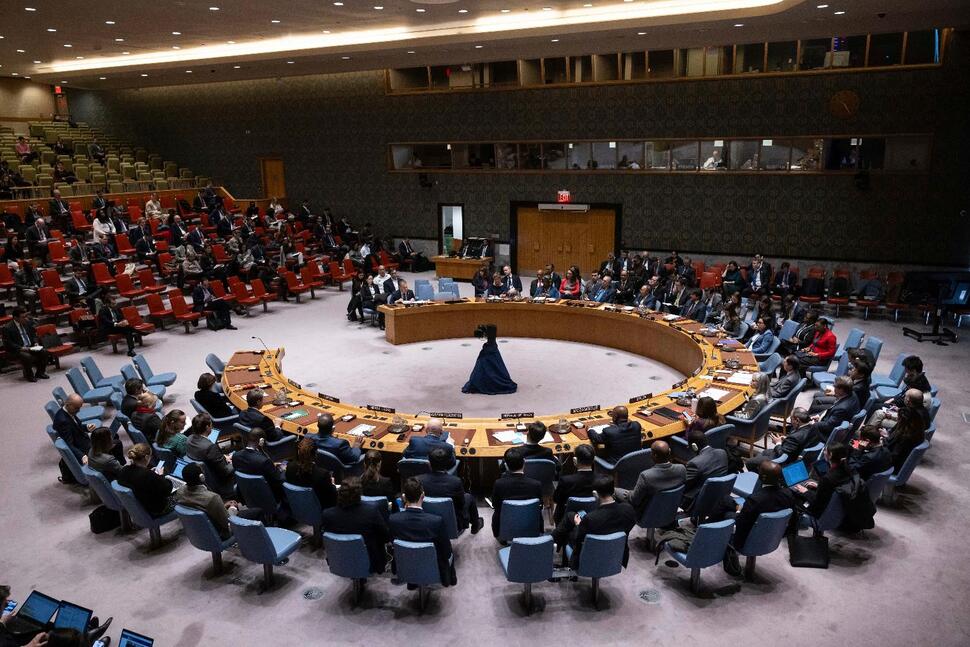Surface communication is key to the economic growth of any region, Jammu and Kashmir being no exception. For ages, people of Valley have remained depended on Srinagar-Jammu Highway. Though lots of work has been done to make the highway more reliable still an alternate connection with the rest of the country was and is what will not bring Kashmir closer to rest of the country but will help boost its economic growth too. In this backdrop, the official reports, suggesting that the direct train from Delhi to Kashmir will chug in January 2025, sound music to the ear. Official sources have said that most of the work on the Udhampur-Srinagar-Baramulla Rail Link (USBRL) project has been completed while remaining pending work is expected to finish by December this year and Prime Minister Narendra Modi is expected to dedicate the New Delhi-Baramulla railway line to the nation on January 26, 2025. Union Minister of State for Railways and Food Processing Industries, Ravneet Singh Bittu, who inspected the USBRL project the other day, said testing on the Katra-Kashmir railway track is likely to conclude by December, ensuring Kashmir’s connection to the railway network in January, asserting, “When our highways and railways are efficient, we can compete globally. I believe this project will be completed by January, and the PM will inaugurate it.”
The USBRL project features 38 tunnels spanning 119 km, including the country’s longest transportation tunnel — Tunnel T-49 — measuring 12.75 km. It also includes 927 bridges covering a combined length of 13 km. Among these is the iconic Chenab Bridge, an engineering marvel standing 359 meters above the riverbed—about 35 meters taller than the Eiffel Tower—making it the world’s highest arch railway bridge. The bridge, made of steel and concrete, is designed to withstand wind speeds of 260 km/h and high intensity earthquakes. Notable milestones in the Kashmir Rail Project include the completion of the Baramulla-Qazigund section in 2009, Qazigund-Banihal in 2013, Udhampur-Katra in 2014, and the Banihal-Sangaldan service, inaugurated by PM Modi in February 2024.
While the direct train service from New Delhi to Kashmir will undoubtedly increase the tourist footfall here, It will be a big opening for the horticulture sector. Fruits like cherry and strawberry, plums, apricot are the ones with least shelf life. Every year, the orchardists depended solely on the mercy of weather and the condition of the Srinagar-Jammu highway to transport their fruit to bigger Mandis. Most of the times they would suffer losses as due to closure of highway the fruit would rot in the trucks. However, with direct train to New Delhi, horticulture sector is likely to benefit the most as fruit from here would reach outside Mandis without any delays and thus the growers would benefit a lot.
The train service will boost tourism as intending tourists will have a viable alternative to travel to Kashmir. From past few years, it has been witnessed that during peak season, the airlines charge hefty amounts and thus impacting the tourist arrivals. With direct train from Delhi to Kashmir, the hegemony of the airlines will be over and more and more people from rest of the country would be able to afford Kashmir visit that would give flip to the tourism industry here.


